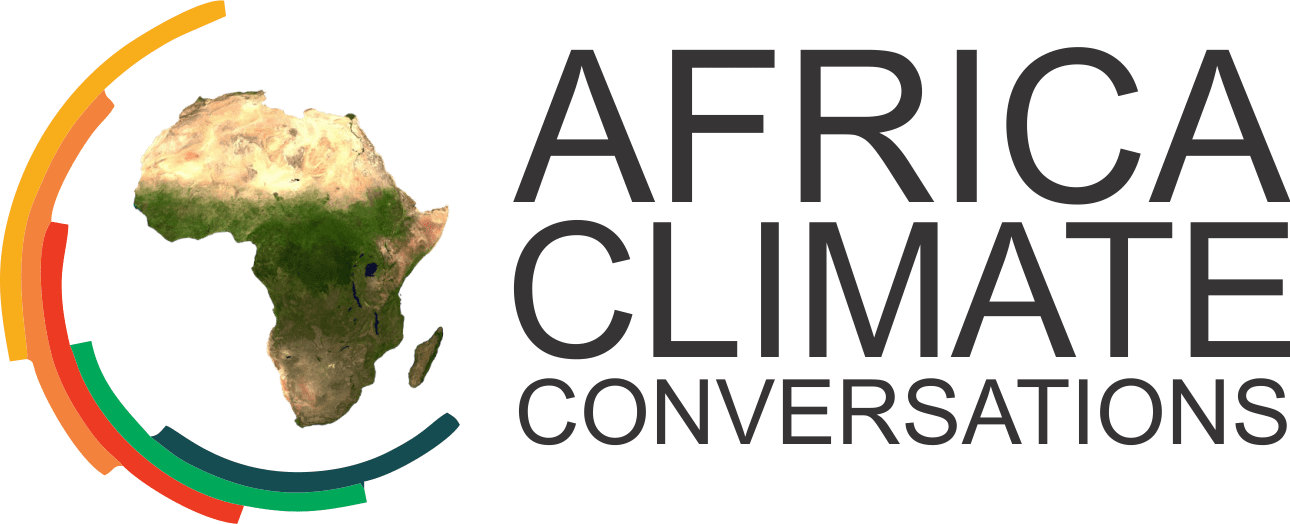
Mental health problems in Kenya and Africa are often interpreted from either a religious or traditional perspective influenced by a person’s cultural perceptions. These perceptions impact not just the provision of care but also determines access. The World Health Organization (WHO) says a growing number of people with mental illness are not receiving mental health care and treatment.
Also listen how Mental Health is leading Kenyan youths to drugs?
Estimates indicate an 85 percent ‘treatment gap’ for low and middle-income countries. But a high number of people opt to seek help from either a religious leader or a traditional healer, depending on their cultural beliefs. Can culture help bridge the treatment gap?
